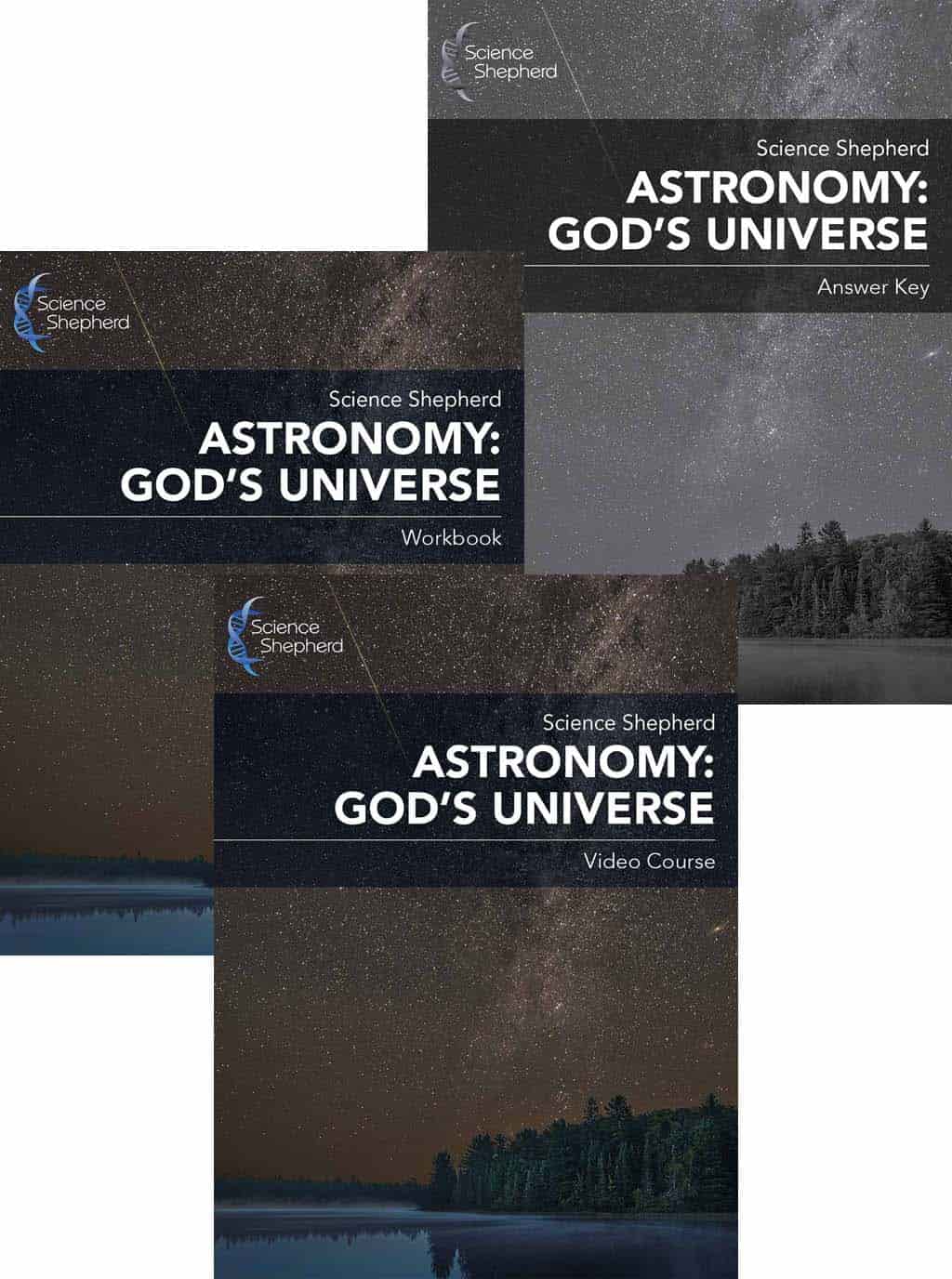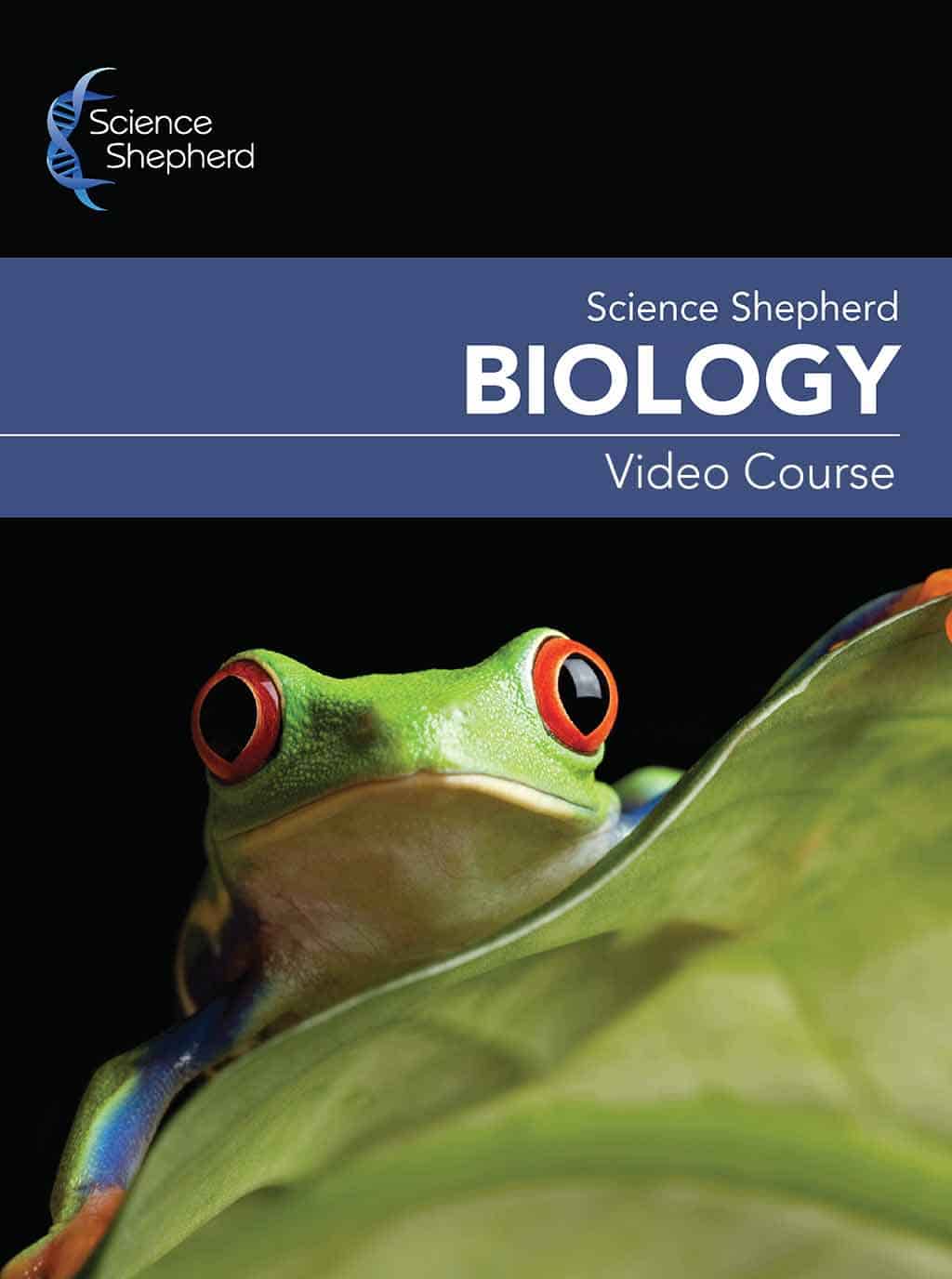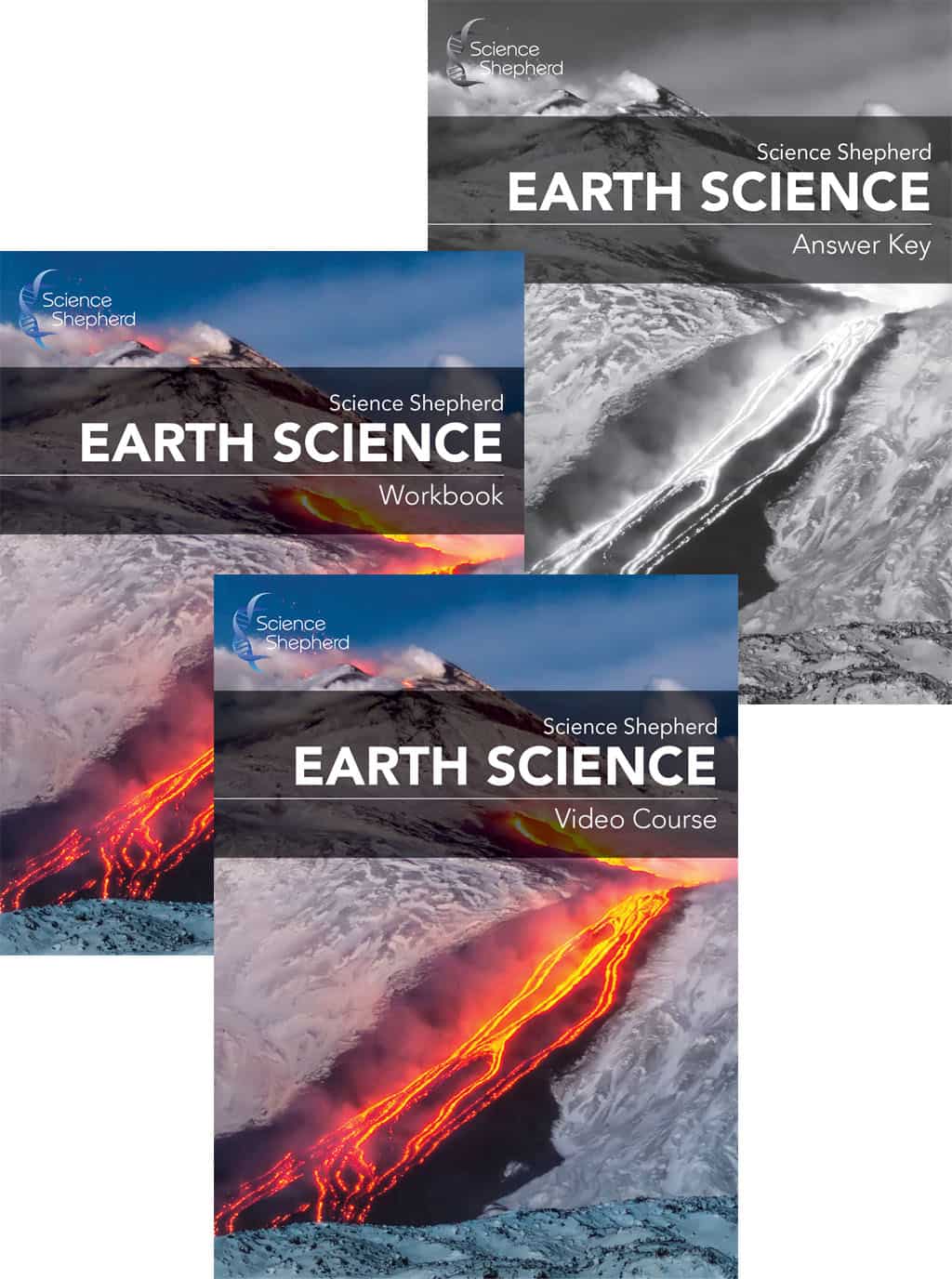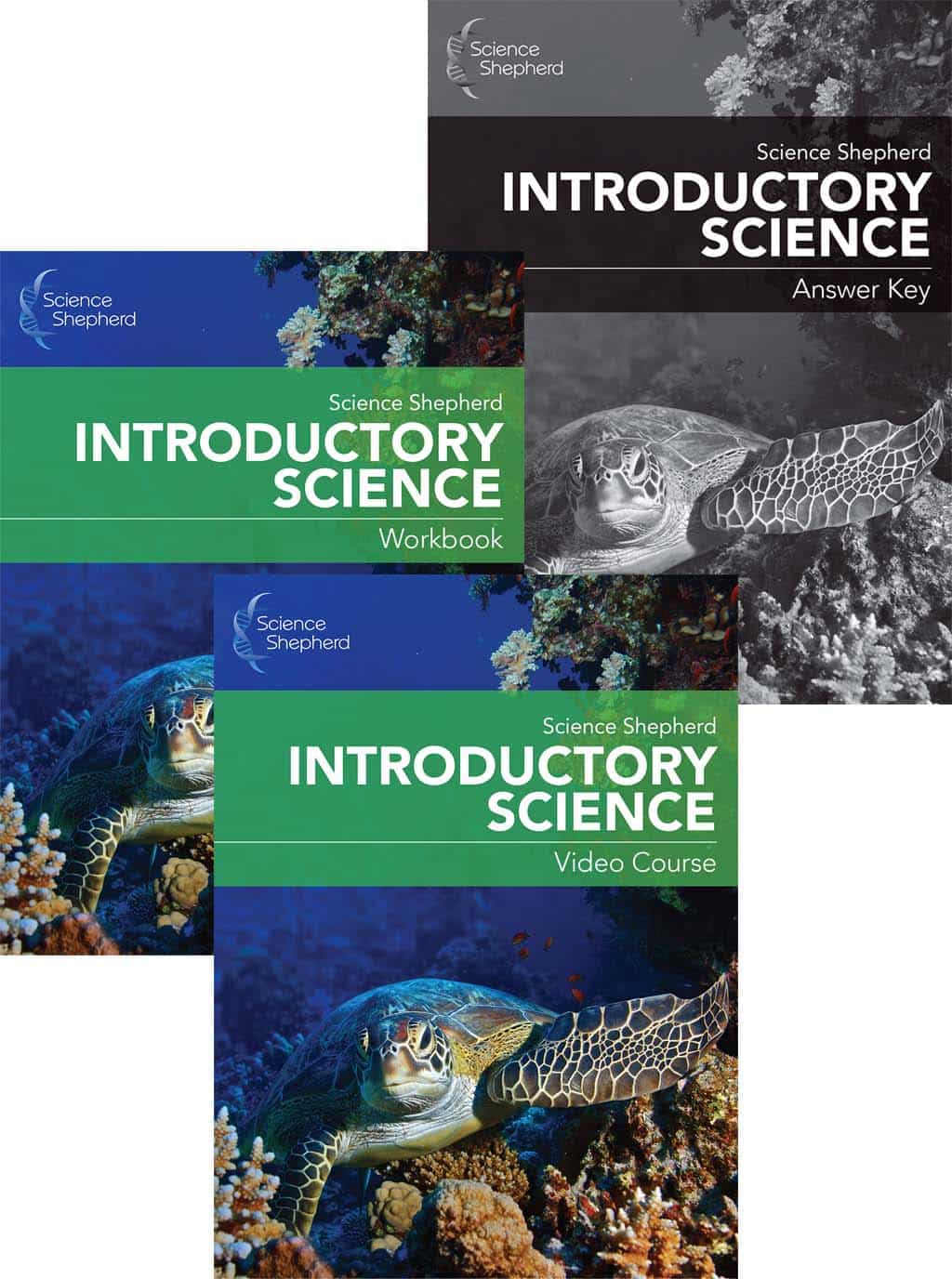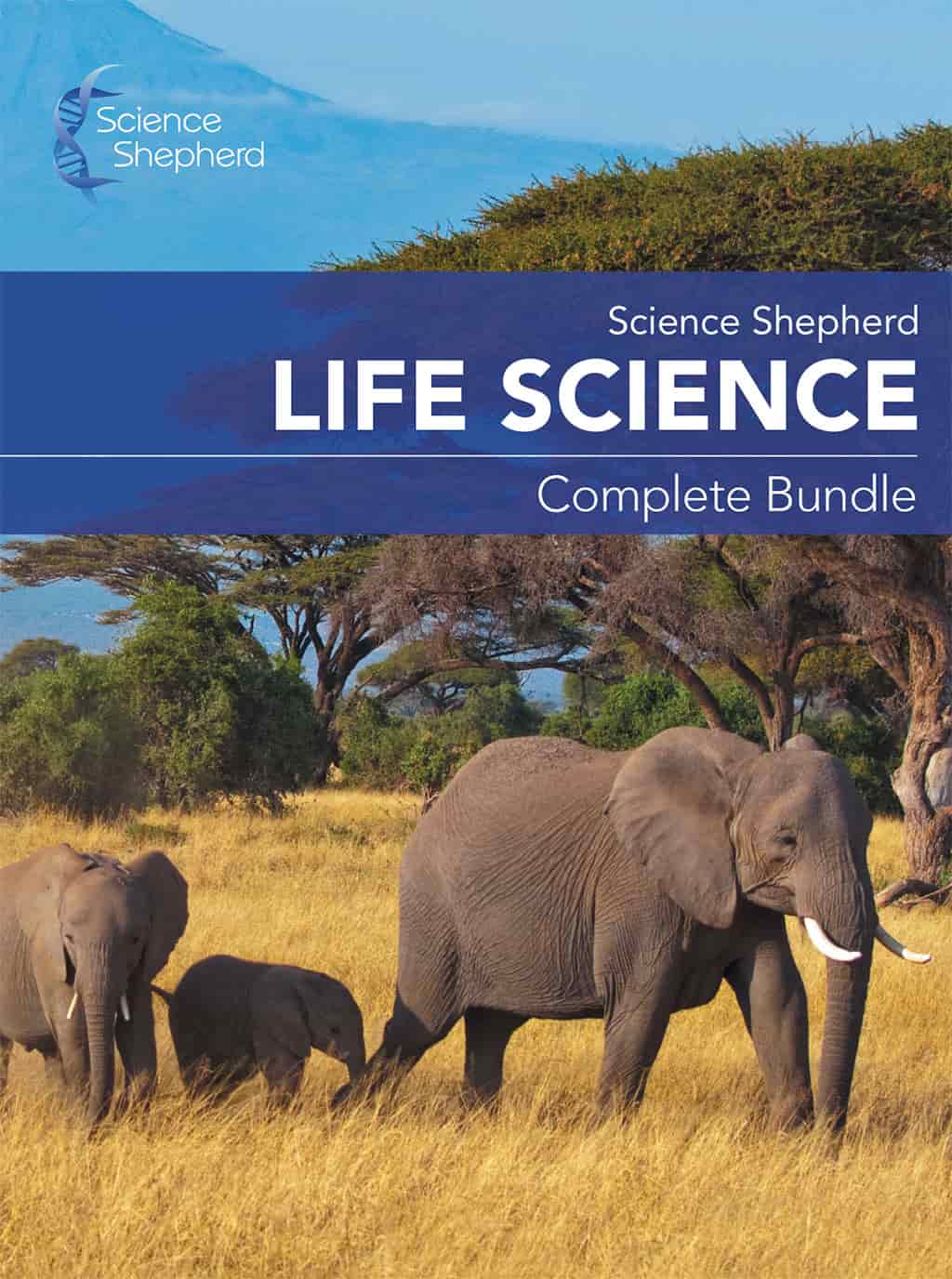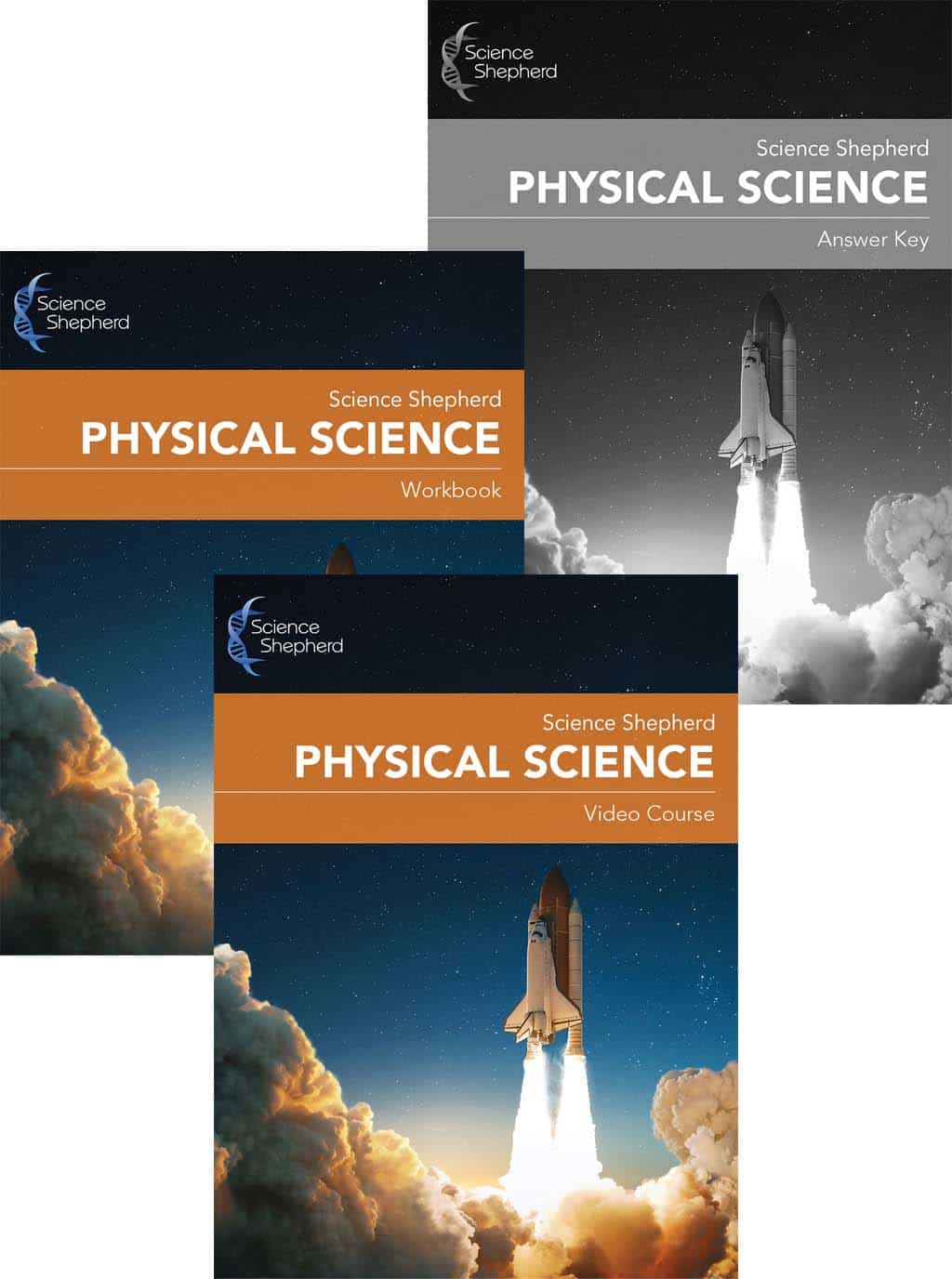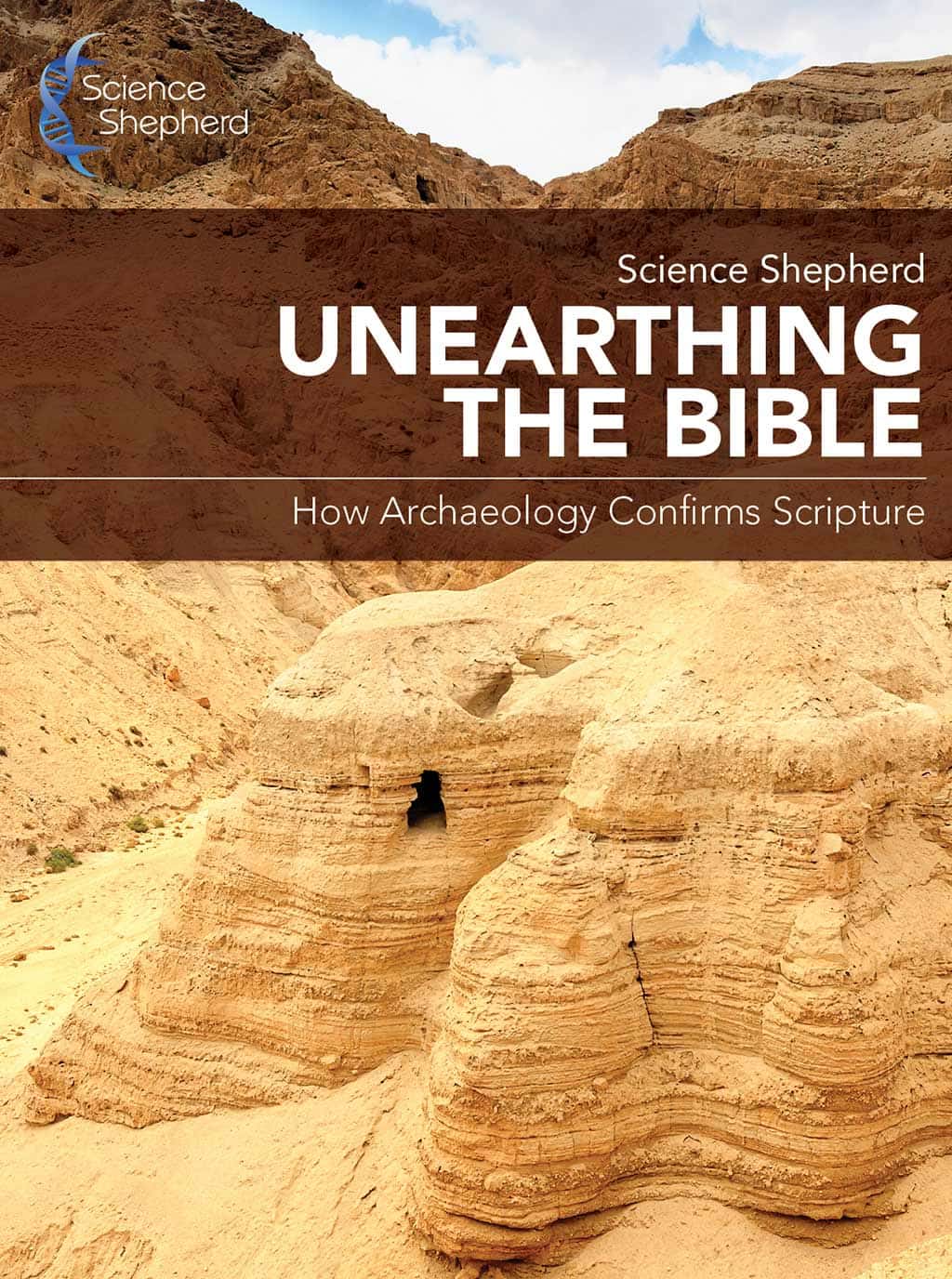Natural Selection, Part 1
by Dr. Scott Hardin MD March 02, 2012 2 min read

Introduction
Today starts a short series on natural selection. Natural selection is quite duplicitous. Darwin and his evolutionary disciples say it is responsible for evolution (yet there is no evidence that it is) and many creationists become upset when the concept is brought up because the evolutionary propaganda campaign has been so effective that creationists interpret the term to mean something it does not. In this first installment of natural selection, we are going to briefly look into the history of natural selection, for its origins are long before Charles Darwin co-opted it for his own. By the end of the discussion today, we will learn that the idea of natural selection was already well-established by the time Charles Darwin wrote about it in 1858. By the time we are done with this series, you will understand what natural selection is, what it can and cannot "do" and that you needn't be "afraid" of it because it is a clearly observable process that is perfectly compatible with God's order of creation.
A Brief History
The idea of natural selection had already been published in print at least 20 years prior to Charles Darwin publishing Origin of Species as both Patrick Matthew and Edward Blyth had published scientific papers (roughly the same time period) that discussed clear concepts of natural selection. And, it is clear Charles Darwin was aware of both Blyth's and Matthew's thoughts on natural selection. In fact, Charles Darwin acknowledged more than once that he owed a debt to Patrick Matthew (discussed on the top of page 60 of this reference http://creation.com/images/pdfs/tj/j16_3/j16_3_58-63.pdf ) and yet, Patrick Matthew's contributions to evolutionary theory are largely ignored by mainstream science.
The idea of natural selection had already been published in print at least 20 years prior to Charles Darwin publishing Origin of Species . . .
Interestingly, Edward Blyth was an ardent creationist and looked at natural selection as being one of the mechanisms that occurred in nature to weed out the weaker organisms, rather than a process that can create entirely new types of more complicated organisms. This is, indeed, one of the observed results of natural selection....and this is where we will leave off for the next installment in a week.
Continue Reading
Want to learn more about natural selection? Read part 2 to answer "does natural selection occur?".
Sign-Up Today!
Subscribe for the latest news and receive 10% off and a FREE resource!
Recent Articles
10% Off Your Next Order
Subscribe to our newsletter and we'll send you a code for 10% off an order
plus a free download of 5 Scientific Ways Your Kids Can Defend Their Faith.


